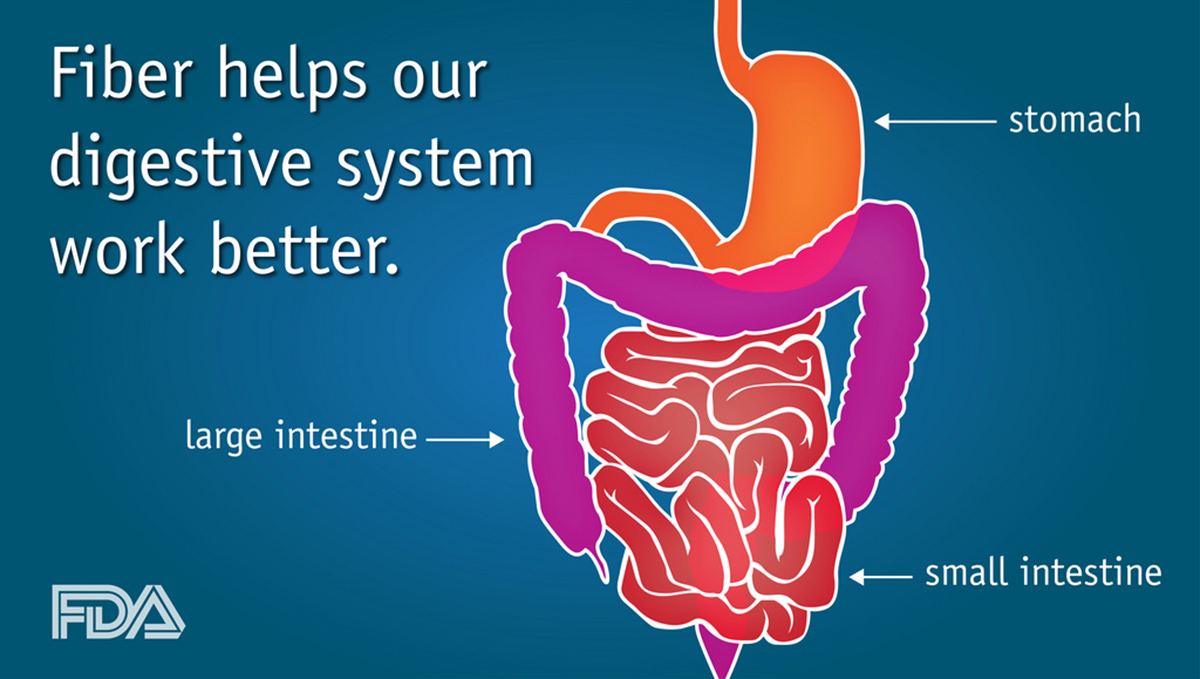
Bowel Problems and Nutrition
If a person eats sufficient amounts of fiber and drinks plenty of fluids, the stools are usually soft and much easier to pass. One should ingest at least 18 grams of dietary fiber each day. Unfortunately enough, most people around the world do not ingest the desired amounts of fiber. Sufficient amounts of fiber are very efficient in preventing certain types of medical conditions which affect the bowel, such as hemorrhoids, diverticula and anal fissures. Anal fissures are very painful medical conditions which affect the anus. Those who want to lose weight should ingest sufficient amounts of fiber regularly as it is very helpful in providing a feeling of fullness without contributing any calories. Dietary fiber is also very important when it comes to the prevention of bowel cancer. It may be of great help in lowering the levels of bad cholesterol in the blood as well. A diet enriched with proper amounts of fiber is very important for the prevention and treatment of constipation. Constipation is a relatively common medical condition as it may affect both adults and children. There are certain eating habits and lifestyle choices which have a very negative effect on the proper functioning of the bowel. If a child rises late in the morning and rushes to school (or as person who gets up too late and rushes to work), he or she does not have enough time for a proper and healthy breakfast. Breakfast is the most important meal of the day and it should not be replaced by avoidance of food or the consumption of different types of junk foods. Drinking less fluids than required is another big problem which may lead to the development of constipation. Constipation occurs when the feces get accumulated in the rectum and over time they harden. Medicinally they are referred to as fecoliths. If left untreated, this medical problem may lead to various different types of further medical complications. The colon or the large intestine is in charge of removing excess amounts of water from food waste. If the food passes through it way to fast there are no sufficient amounts of water absorbed which leads to the development of hard stools and ultimately constipation. Fiber is very efficient in promoting the contractions which effectively move the food through the intestines. It passes through the intestines undigested so it leads to much softer and bulkier stools because it greatly enhances the amount of water absorbed.
High-fiber foods
Fortunately enough there are a large number of different food sources that are rich in fiber. One should take notice that there are different types of fiber such as oat bran or wheat bran. Among the most important sources of dietary bran are different types of legumes such as baked beans, lima beans, navy beans, pinto beans and kidney beans. The beans are very rich in soluble types of fiber which are very efficient in decreasing the amounts of bad cholesterol in the blood and increasing the amounts of good cholesterol in the blood. Different sorts of whole grains are probably the best sources of fiber out there, and the most common ones are oat bran and wheat bran. They are commonly present in various kinds of breads and cereals, one should only make sure that the label of the product say whole grain or whole wheat. A variety of fresh fruits and vegetables is also an excellent source of dietary fiber. The fiber commonly found in the pulp and the skin of fruits or vegetables is called pectin. The richest sources of fiber include raspberries, prunes and figs. Others include pineapple, melon, oranges, bananas, pears and apples. Smaller fruits which are also jam packed with fiber include cherries, strawberries, grapes, satsumas and plums. Stewed or cooked fruits such as applesauce or prunes are also an excellent natural source of dietary fiber. As far as vegetables are concerned, the best sources of dietary fiber include different sorts of green leafy vegetables such as broccoli, celery, spinach and lettuce. Various root vegetables such as carrots, turnips and potatoes are also fully packed with certain sorts of dietary fiber. One should not forget several other important sources of dietary fiber such as wholemeal pasta, wholemeal spaghetti and especially brown rice. It is important to take notice that bran may sometimes trigger abdominal cramping and intestinal gas so one should start with small amounts. Food needs to be chewed thoroughly and slowly in order to maintain proper functioning of the entire digestive tract. Meals should always be eaten at regular intervals.
Fiber supplements for bowel disorder
Those who suffer from constipation, irritable bowel syndrome or other similar bowel related medical problems are sometimes advised to take fiber supplements. The most common types of fiber supplements include unprocessed bran, whole linseeds, inulin fibre, wheat dextrin, sterculia, methylcellulose and ispaghula husk.



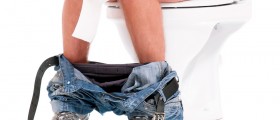
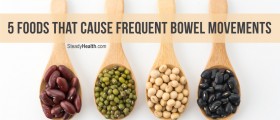

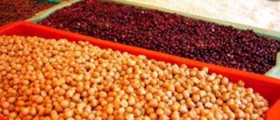

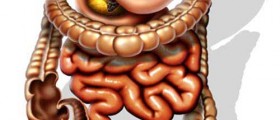
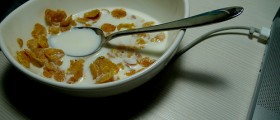
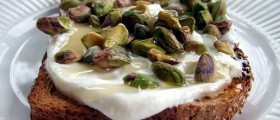


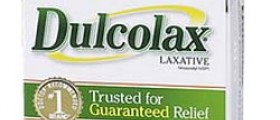
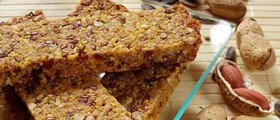
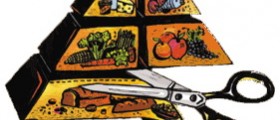
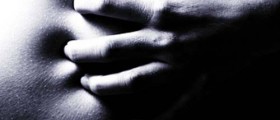
Your thoughts on this
Loading...